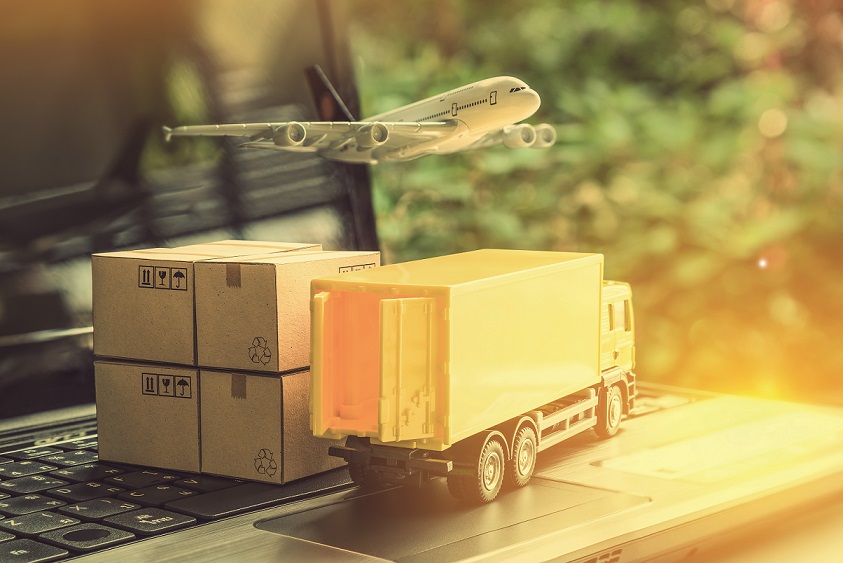Connecting the supply chain
07 / 03 / 2024

Photo: William Potter/ Shutterstock
IATA has big plans to improve data sharing across the supply chain, utilising the latest technology to help the air cargo industry up its digital game.
There is no doubt that the past few years have seen the air cargo industry improve its ability to share data and information across the supply chain, but recent developments mean the requirement for digital connectivity is becoming even greater.
IATA head of digital cargo Henk Mulder points out that the growth of the e-commerce market is one of the major developments driving the need for digitalisation.
He says that with e-commerce volumes growing rapidly, customs authorities are having to process ever greater numbers of parcels and therefore require information processing to be seamless in order to avoid any hold ups in delivering these time-sensitive shipments.
“Digitalisation helps them in predicting these flows and also processing the information that they have to handle,” Mulder says.
Meanwhile, the unpredictable market conditions of the past few years have highlighted the need for supply chain visibility and the rapid flow of information to the various players involved in shipping cargo.
“Even post pandemic we have seen supply chain issues and freight having to find new routes around the world,” he says. “It requires sharing information about where the problems are, where the capacity is needed and how you respond to it. Digitalisation is a big tool for airlines to deal with that.”
He adds that technology could aid the drive towards more efficient operations through the use of digital solutions to analyse and drive sustainable practices, while general technological development in the wider world, such as artificial intelligence (AI), internet of things and robotics, would also put pressure on air cargo to up its digital game.

Photo: IATA
Setting the standard
Mulder says that IATA has been trying to improve supply chain connectivity and visibility through its ONE Record project, which was launched in 2017. It aims to create a common ONE Record standard that will allow data sharing across the supply chain, defining a common data model for information shared via standardised and secured web API.
The standard will be based on mature but progressive data-sharing technologies that are aligned with the best practices used by leading airlines. This will make it directly accessible to IT teams and service providers.
However, it will also be secure – data stays at the source and the owner determines who can access their data.
“The idea is that you have a data network where you can surf around the network and get the data you want. Just like you surf the web today,” says Mulder. “It is something that is truly innovative and is going to change the air cargo business significantly.”
In 2022, a target was set for all airlines to have the capability to use ONE Record by January 2026.
“The benefits are many and it really addresses many of the issues around streamlining operations, improving data quality and making sure what we declare is correct,” says Mulder. “It will provide much better transparency across the supply chain.”
He also expects that the standard will be able to capitalise on the rapid development of AI technology.
Mulder points out that last year IATA held a ONE Record hackathon, where 17 teams worked over a 28-hour period to create and submit solutions utilising the IATA ONE Record data-sharing standard. Several of the winning projects used AI for their solutions.
Team CheckSync, consisting of Swissport, Lufthansa Cargo, and Lufthansa Industry Solutions, developed a solution to improve cargo-check processes with AI, utilising ONE Record for accuracy and efficiency.
NE:ONE automate, consisting of Lufthansa Cargo, Lufthansa Industry Solutions and Fraunhofer, won a prize for their project that automated ONE Record digital cargo ‘Change Requests’, enhancing efficiency and customer experience with AI and a user-friendly interface.
And OneAI, from Unisys, developed a product that leveraged generative AI for air cargo booking compliance, streamlining pet shipment processes with IATA regulations.














